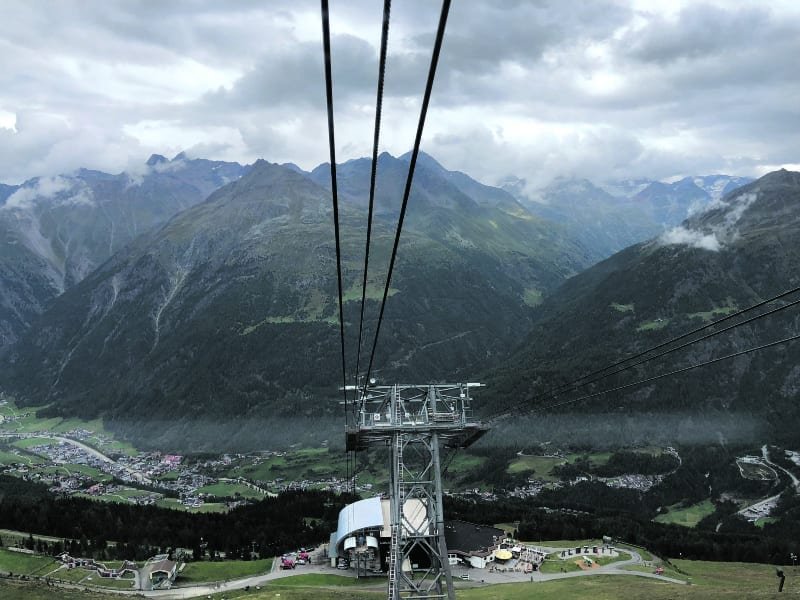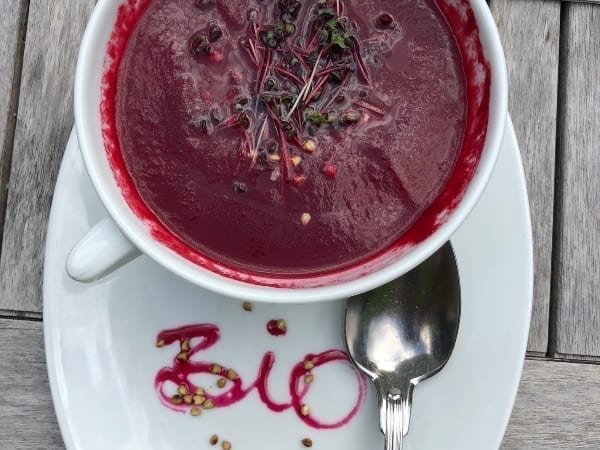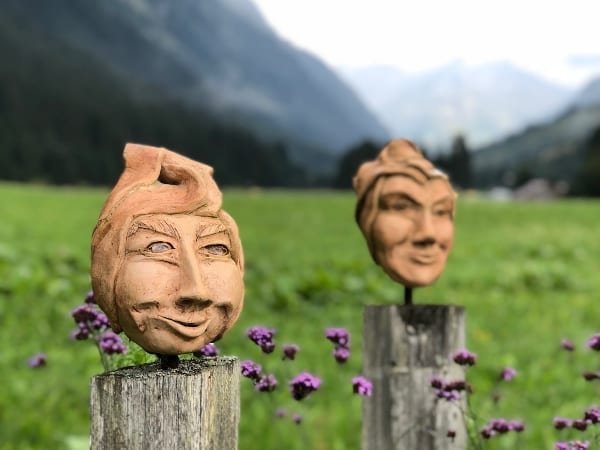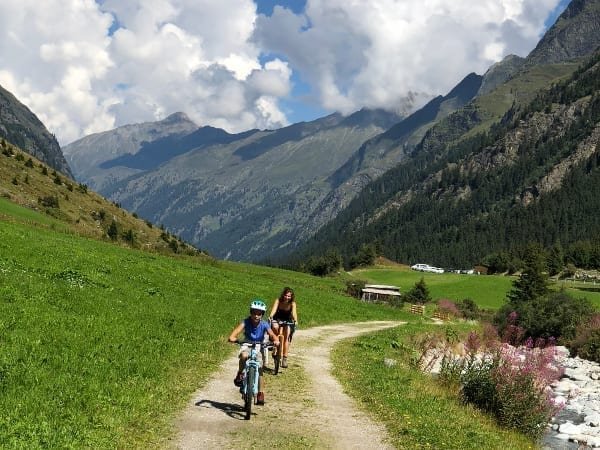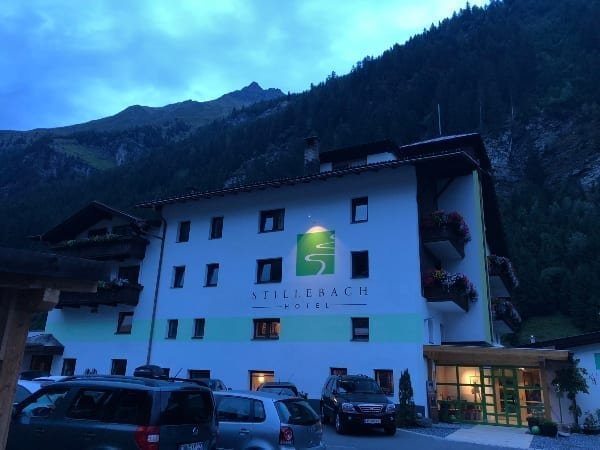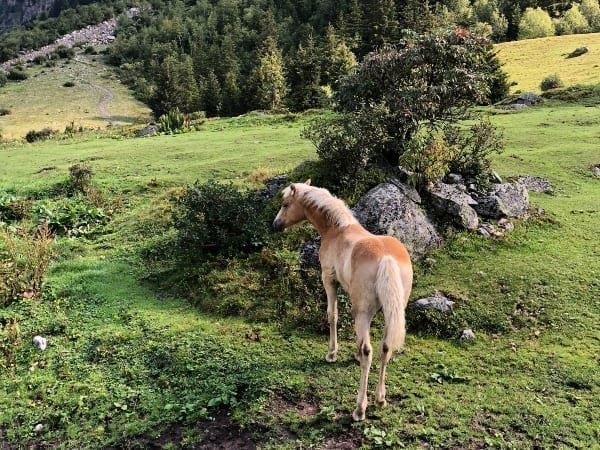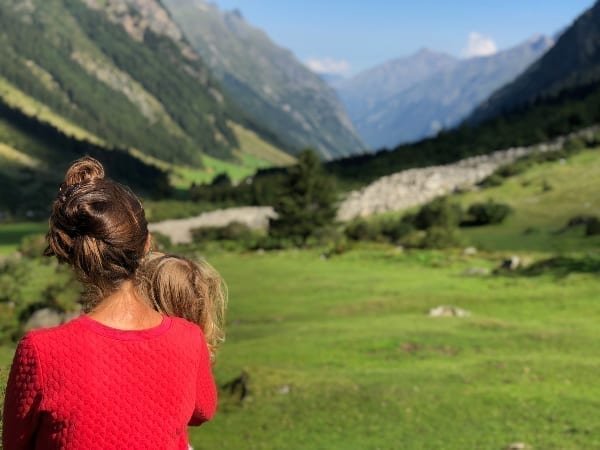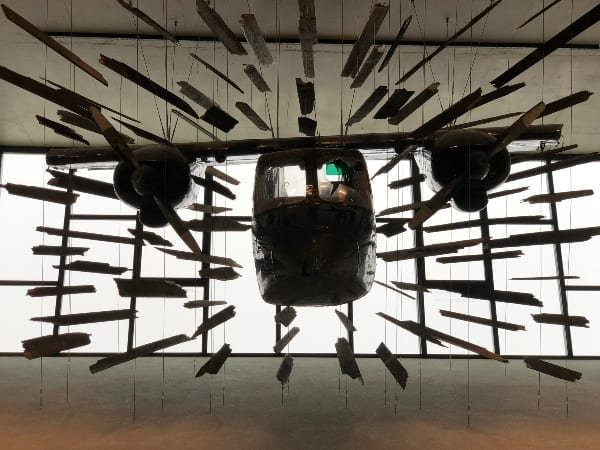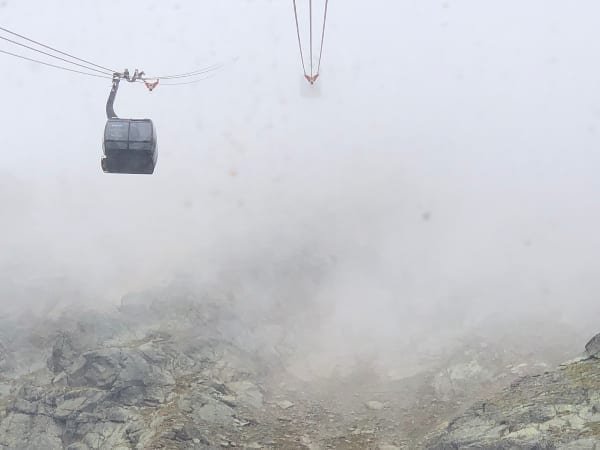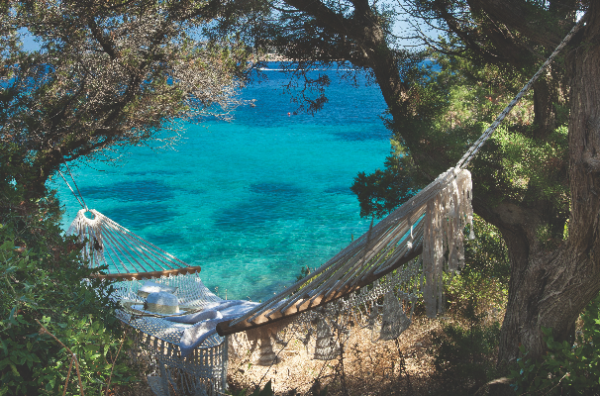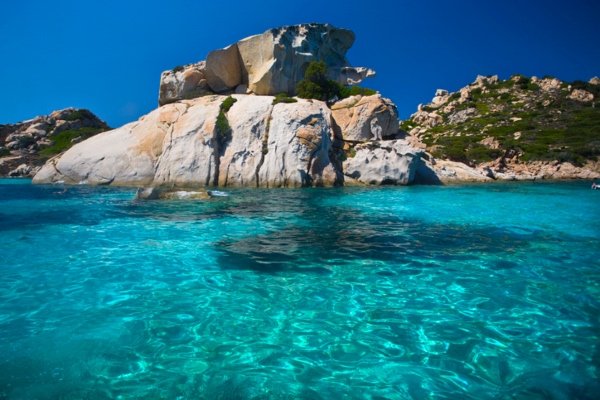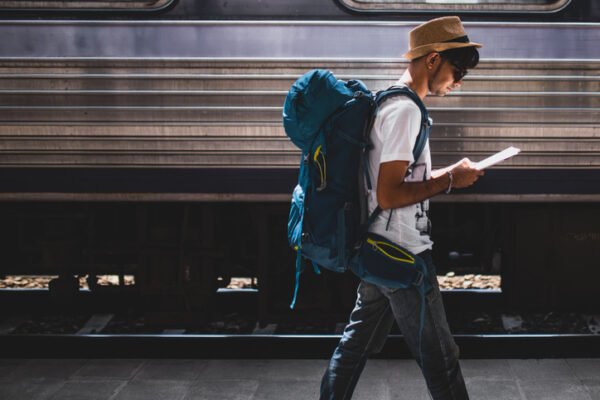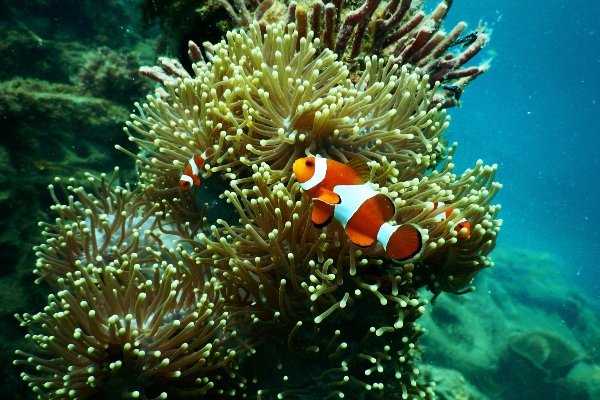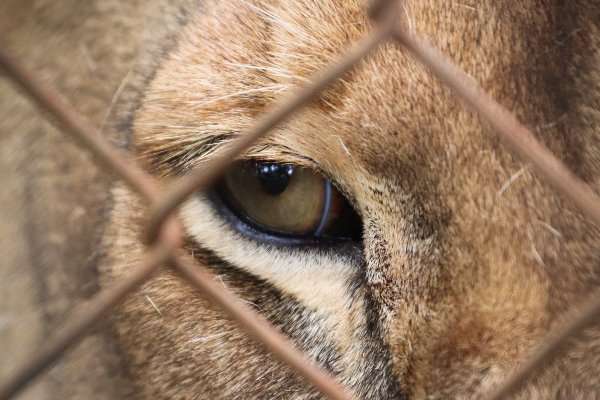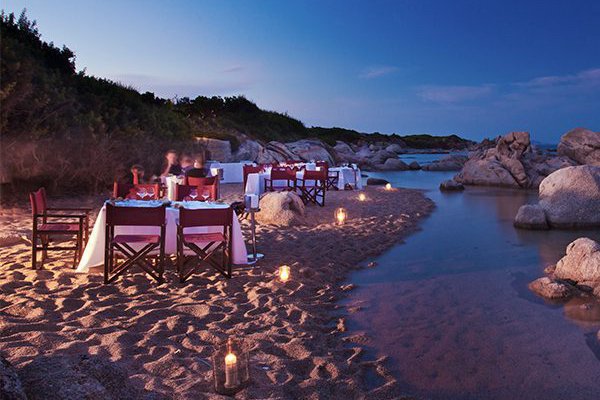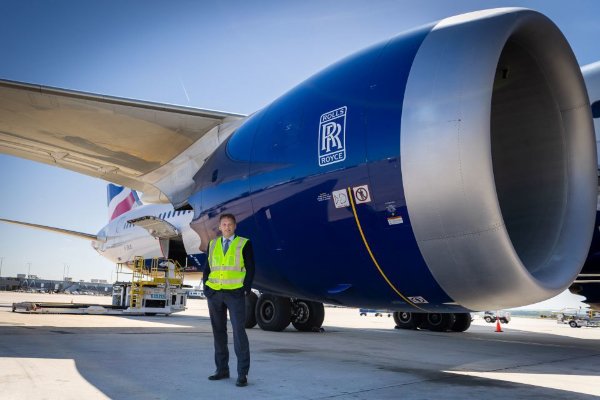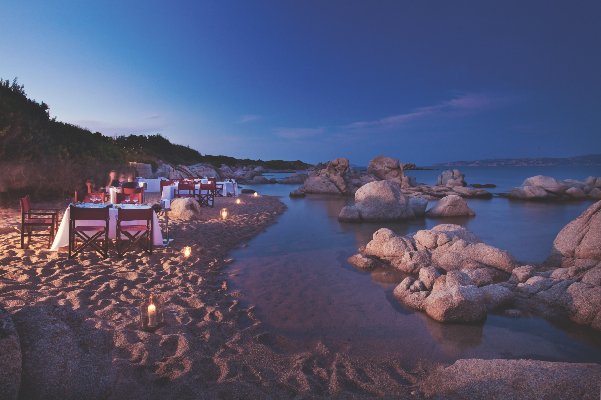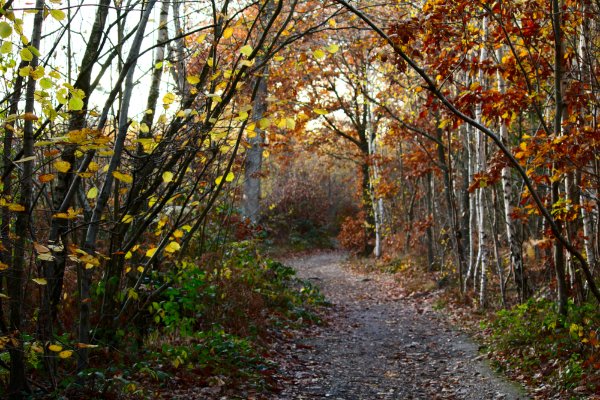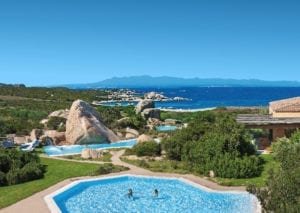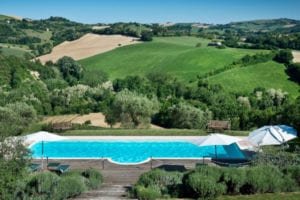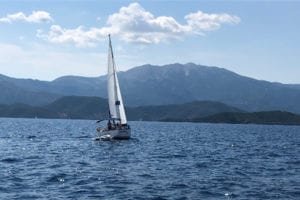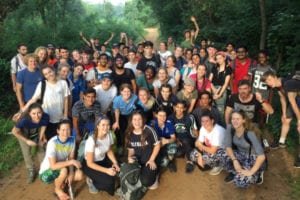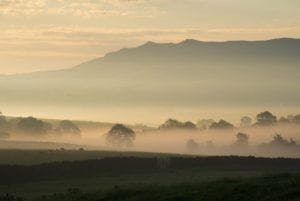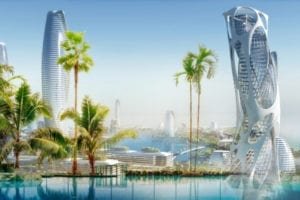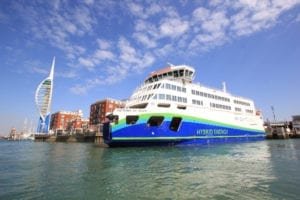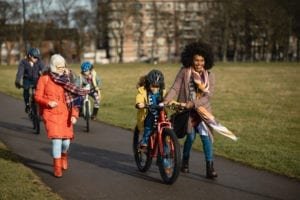This article first appeared in our autumn ’18 issue of MyGreenPod Magazine, The Consumer Revolution, distributed with the Guardian on 16 Nov 2018. Click here to subscribe to our digital edition and get each issue delivered straight to your inbox
Pitztal Valley is home to countless waterfalls, mountains, wild swimming spots and, according to legend, a witch: an ageless energy that protects the area from natural disasters. She is kept alive by locals who ask for protection when travelling through this sublime region of the Austrian Alps.
If tourists knew about the witch, they’d want her on-side, too. The area boasts 120 hectares of skiable terrain, with 70km of cross-country ski trails. Ice climbers from all over the world ascend Pitztal’s icy waterfalls, and the area is a paradise for mountaineers and hikers.
Bagging a peak
The main road winds through the valley until it reaches a dead end; from there the only way is up into the Ötztal Alps – and it’s a long way up. The highest mountain is the 3,774m Wildspitze summit, which can be ascended or circumnavigated. The easier option is to admire the mountain from afar, which is exactly what we did when we visited the area with our daughters in August.
From the main road we boarded ‘the world’s fastest funicular railway’, the Gletscherexpress (Glacier Express), which tunnels through the mountain and takes visitors 2,840m up the Hinterer Brunnenkogel to the Pitztal Glacier. This is considered to be one of the world’s most beautiful glacial areas; it’s the highest glacier in Tirol and the snow reliability makes it a popular ski spot in winter, with wide open slopes suitable for kids and pros alike.
This beautiful spot has far more than just snow; in summer you can explore the high Alpine region almost effortlessly thanks to gentle walking trails and paths. We strolled round the sun-kissed craggs before re-entering the station to board the Wildspitzbahn, ‘Austria’s highest mountain gondola’.
Receding glaciers
The six-minute journey took us all the way to the peak of Hinterer Brunnenkogel, and we exited into the beautiful Café 3.440, a mind-blowing feat of architecture that perches on the summit. With a suspended terrace complete with sheepskins and ‘Austria’s highest coffee specialties’, this was definitely the place to acclimatise. The 360-degree views, covering more than 150km, are spectacular; the café is circled by more than 50 mountains higher than 3,000m – including the 3,774m Wildspitze summit – and offers unique vistas of the nearby glacier world, which we were all keen to see.
The Austrian Alpine Association’s annual glacier survey revealed that Austria’s glaciers experienced the ‘biggest length losses since 1960’ in 2016/17, with an average retreat of 25.2m. The tongue of the Gepatschferner in the Ötztal Alps melted back 125m following the warm summer in 2017.
Pitztal Glacier is conserved and protected, yet locals confirmed it’s nevertheless shrinking at an alarming rate. From the bottom of the valley, the receding glacier sticks to the mountain like a Post-it Note: it’s a constant reminder of the impact of global warming on our environment.
Biohotel Stillebach
One person alert to the dangers of climate breakdown and its implications for the living planet is Trudi Melmer, owner of Biohotel Stillebach in Sankt Leonhard im Pitztal. The organic hotel, in the narrow upper valley of Pitztal, has a scattering of neighbours and opens out onto an undisturbed stretch of green. No new buildings will ever disturb this view: the adjacent land has been classified as a red avalanche zone, meaning no development is permitted.
The hotel has been in Trudi’s family for generations, and as a child Trudi was raised to be attuned to the environment. She might not hop on the Glacier Express much, but Trudi needs only to look at the rising river water to see exactly how much the glacier is melting.
This change is one of many that led Trudi to run Stillebach as a sustainable and organic hotel. For her it’s no more than an expression of how things should be, and how they always were. Trudi grew up with animals as her friends. She worked with her hands. She sees an absurdity in calling her hotel ‘organic’, as for her this way of working with the land is ‘just normal’.
When Trudi started to witness the mechanisation of livestock farming and agriculture, she felt the need to stop and return to the ‘normality’ she had experienced as a child. Things changed far more rapidly in her lifetime than they did for previous generations, which is why the organic foundations of the hotel were never really promoted before Trudi took the helm a decade ago.
Living within boundaries
Travel and hospitality are key industries in Austria and hoteliers are all trying to carve their own niche in the market. You can find accommodation for hikers, sports enthusiasts and those who look forward to spa-style pampering after a day on the slopes. Being ‘just another hotel’ doesn’t cut it these days – each one is trying to develop its own USP.
Applying for Biohotel accreditation was a bold move; when Trudi chose to specialise in organic, people in the area thought she was mad. She was ahead of the curve because she trusted her instincts, and no one doubts her now. Her philosophy is that she will do things honestly, authentically and, crucially, in line with her own principles. Guests can take it or leave it, in the nicest possible way.
‘The world is so complex’, Trudi said. ‘All you can do is take ownership and responsibility for your own area. It’s good to follow your convictions but you need to consider people as well. You can’t force it – you can’t push people too hard. The radical approach just creates more separation.’
As far as Trudi’s convictions are concerned, modesty and simplicity are everything. ‘Some materialist people want more and more’, she says. ‘Here you can’t have more and more. The valley imposes its own boundaries. Growing up here teaches you that you can’t have everything.’
A natural beauty spot
For all its simplicity, Stillebach is absolutely stunning. It’s framed by the Mittagskogel and Wildspitze mountains, edged by a forest and has the gushing Klockelefall, one of the largest waterfalls in the Pitztal Valley, as a spotlit backdrop. The grounds include a natural outdoor pool with a slide and rafts. It’s a child’s paradise with surprises round every corner: there’s even a mud pit, fed by the thundering waterfall, and outdoor table football and table tennis. If the weather’s not too inviting, you can take advantage of the fantastic bouldering room: with 45-, 30- and 15-degree walls and a boulder area of 150 square metres, it’s great for beginners and pros alike.
As you might expect from a Bio Hotel, the food at Stillebach was exquisite. The evening meals were exactly what you needed after a day’s hiking, biking and scaring yourself silly up mountains. Four courses of nutritious, delicious fare, all sourced locally and all organic. Each plate was a rainbow, and so beautifully presented it felt criminal to disturb it with a knife and fork. The fine-dining experience was made all the more enjoyable by the friendly welcome extended by other guests. Each person was welcomed to the dining area with a smile and a friendly ‘hallo!’ Some guests have been visiting Stillebach for years; they recant stories of friends tying to ‘rescue’ Trudi when an SMS alert has given a two- or three-day warning of sudden changes in the weather. They say Trudi’s response is to laugh ‘allés gut, it’s normal!’ If things get really dicey a siren rings out a warning to locals, at which point there’s a trust that the community would rally round – and that the ever-watchful witch would do her thing.
 Play Video about This Rock Might Just Save The World
Play Video about This Rock Might Just Save The World Play Video about Play 2 hours of rock
Play Video about Play 2 hours of rock Play Video about Play 2 hours of brook
Play Video about Play 2 hours of brook Play Video about Play 2 hours of sheep
Play Video about Play 2 hours of sheep

















